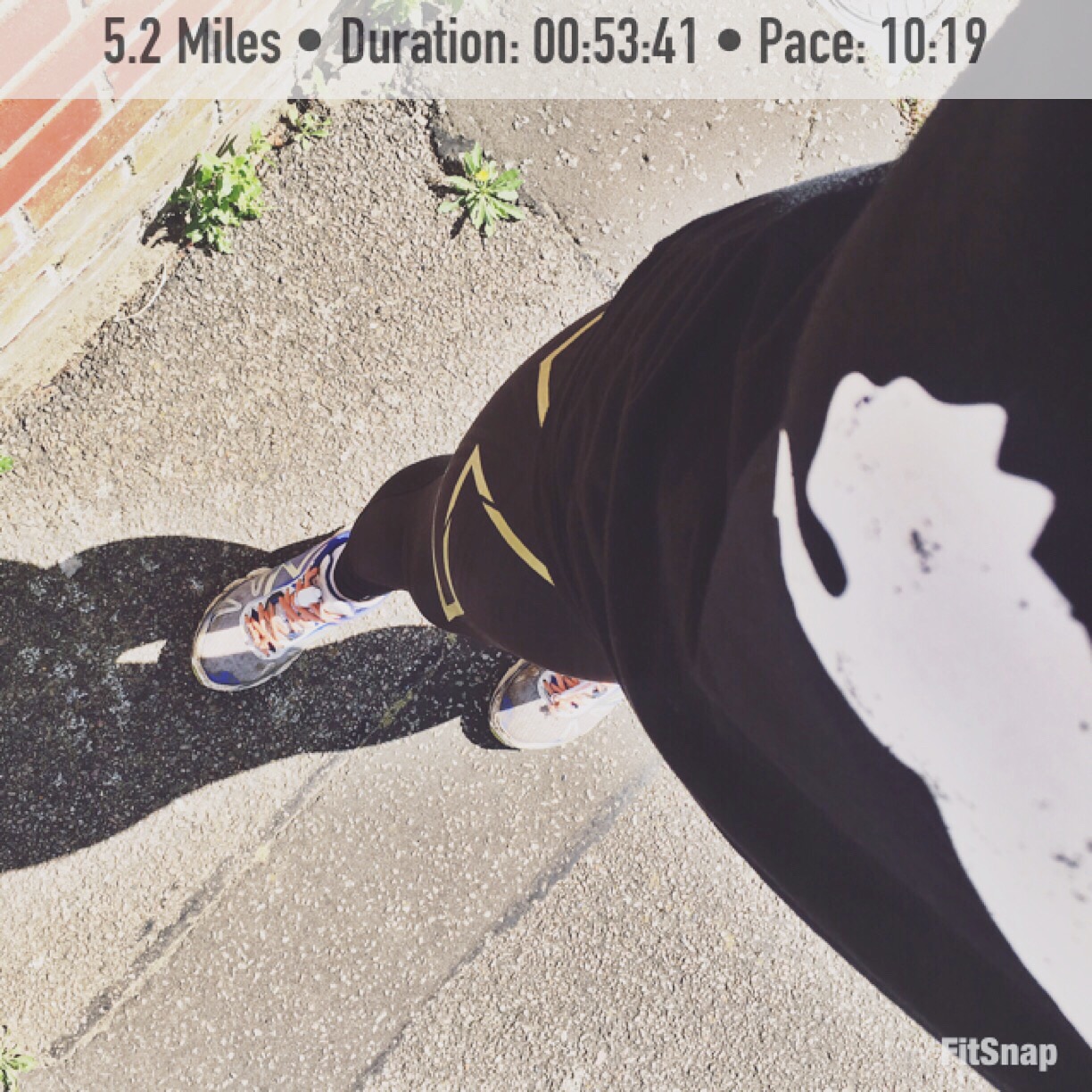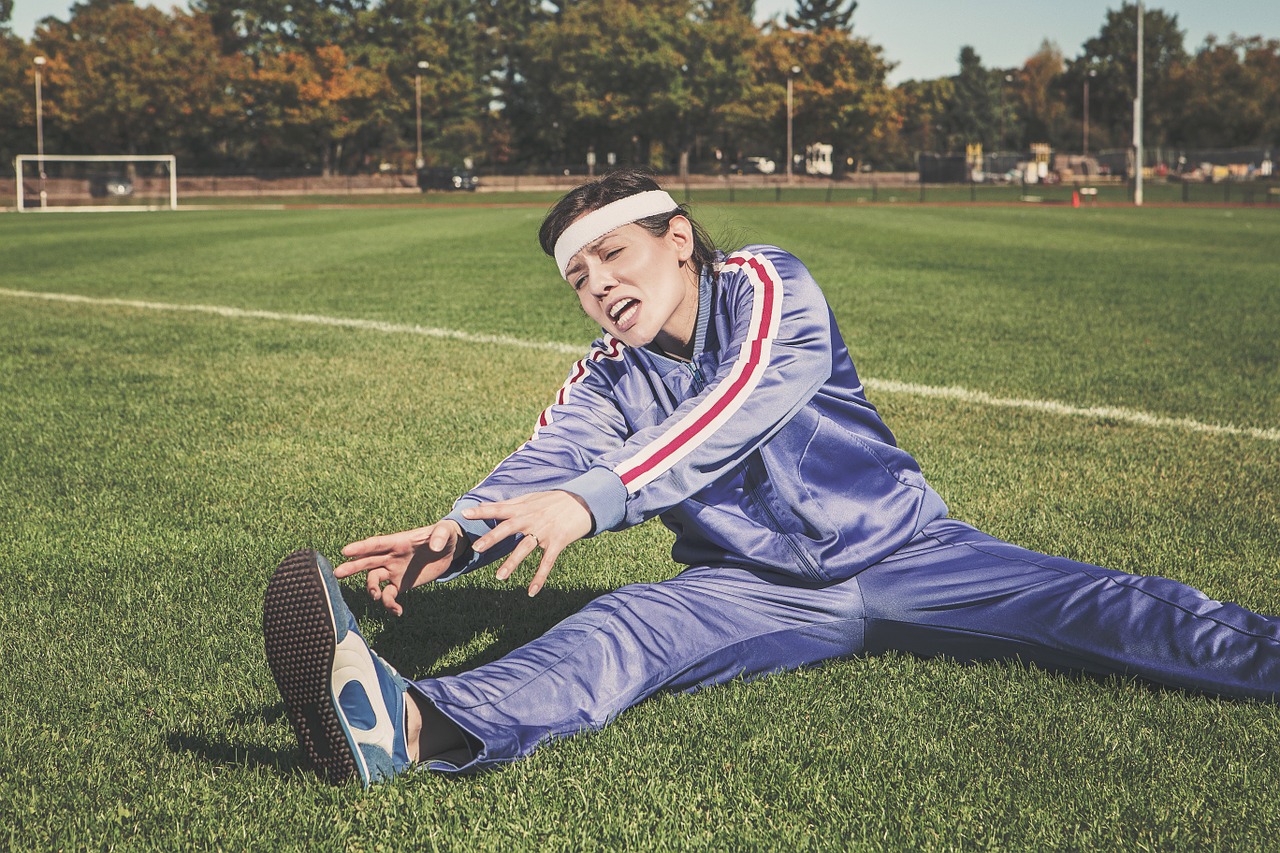This Sunday I have a 10k Race coming up. Running these days is an add on to my training, one that I enjoy, but it’s no longer my main focus. When I originally signed up I had lofty plans to train properly and aim for a PB, but my Roller Derby schedule and work got in the way, and as it happens I am deeply, deeply unprepared.
These days I have a good base of fitness, and I’ve been running for a long time, so I know I’ll finish, I know how to pace myself, and I know to adjust my expectations of a PB.

I remember back in October 2012 when I signed up for my first ever 10k I was super nervous. That 6.2 miles seemed such a huge leap from a 5k and the thought of training for it seemed to be a complex world of tempo runs and fartlek if the running magazines were to be believed.
10k is my favourite distance to run and one of the most popular distances for road races, and there’s a good reason for that. Half Marathons and Marathons take a lot of time to train for. There’s months of long runs and giving up your weekends to training. They are hard on your body and you need to prepare properly. A 10k, however, is long enough to be challenging and impress any non-runners in your life, but short enough that you can train for it properly without turning over 3 months to thinking about it constantly. Running for around an hour means you don’t have to think too much about nutrition or hydration unless the weather is crazy hot, just have a decent breakfast and grab your bottle of water and banana at the finish line (and your medal, got to have a medal).
Today I thought I’d share a few tips if you fancy training for your first 10k. Maybe you’ve been running ages, but only short distances, or maybe you’re brand new to running and fancy a challenge. Either way, I hope you’ll find some of these helpful!
Plan Your Training
Whatever speed you are currently running a 5k at, you’ll want to lower your expectations at first for longer distances. If you have 2 months to plan some proper training, however, you’ll find that you can build your speed up. How you train will depend on your goals, are you happy just to finish or are you going to set yourself a time target?

To start try planning in at least 3 sessions a week. 2 shorter ones, one at an easy pace and another focusing on speed or hill work that’s a little more challenging, this can be as simple as sprinting as hard as you can for 30 seconds, then slowing down to recover for 3 minutes. Your third session will be a long run where you work up to that 10k, or even a little further. Increase your distances gradually, half a mile or a mile a week, and keep your pace for your longer runs slow. As the race gets closer if you’re feeling well prepared then you can try adding in shorter sections of maybe 1/4 of a mile at a faster pace in the last couple of weeks.
Be Prepared
Running a 5k in socks that rub or leggings that fall down is kind of doable. Â When you’ve been running for an hour, though, those minor irritations can drive you crazy, and potentially be painful. Use your long runs as a dress rehearsal. Try out the kit you want to wear on the day, eat the same breakfast at the same time as you’ll have to on the day and generally figure out in your head how it will all work. If you have a long distance to travel to the race, or a lot of hanging around, you might find you’ll want a snack to eat before the start of the race. Consider the time of year, you’ll be outside for an hour, plus hanging around at the beginning and end, will you need sunscreen, sunglasses or a jacket or waterproof? Where will you leave your kit while you are running? What are the parking arrangements and do you need to collect your race number before the day?
Know Your Route
Over a 10k the hills and twists and turns can make a real difference. If your route is very hilly it might make your time goals a lot more challenging, especially for your first 10k, and you might want to make sure there are some hills in your training plan. It also helps to know where water stations will be and if there are any toilet facilities provided on the route. Race websites often contain a map and advice on the positioning of facilities. If you can, it pays to get out there and walk or run all of the route in advance, running your first 10k can be nerve racking, but if you’re confident you know the route it can be a real mental boost.
Prepare Mentally
Not all your training runs will be great. You will head out on some and your legs will be heavy and you will convince yourself you will never be able to do it. I have finished training races with a terrible urge to cry. Don’t let that be you.
Take on board some tips on mental training to help yourself stay positive and motivated. Lots of people rely on music to keep them distracted while they run, but headphones are rarely allowed at road races and could get you disqualified after all your hard work. Practice some other techniques to keep yourself going when it starts to get tough. You might use a mantra, or practice dissociation by running through your shopping list in your head or imagining that big glass of wine you’ll have when you’re finished!
Include Recovery Time

Keeping pushing on a training program that is exhausting you won’t help you finish that race any faster and could lead to injury and over training. Listen to your body and make sure you schedule rest days into your training plan while you’re building up the distance. Try adding different work outs such as swimming or yoga. Buy yourself a foam roller and maybe treat yourself to a massage to keep your muscles loose and treat any niggling injuries. As you start to run further little issues can become magnified, don’t ignore those niggles as they can easily become injuries that might count you out of the race completely.
If you’re looking for a 10k to do then you can check out the Runners World Race Search.
Do you have any tips to add?
Good luck, and happy running!
2 comments for “Training For Your First 10K”